- The relationship between cannabis and sleep is a widely debated topic. Unfortunately, however, it is not one that has been the subject of much scientific research.
- Marijuana's capacity to alter sleep quality has been discussed for decades, with equal numbers contending that it does and does not have this effect.
- While many argue that cannabis use is a valuable resource to treat sleep disorders, such as insomnia, others argue that cannabis can actually cause these same conditions.
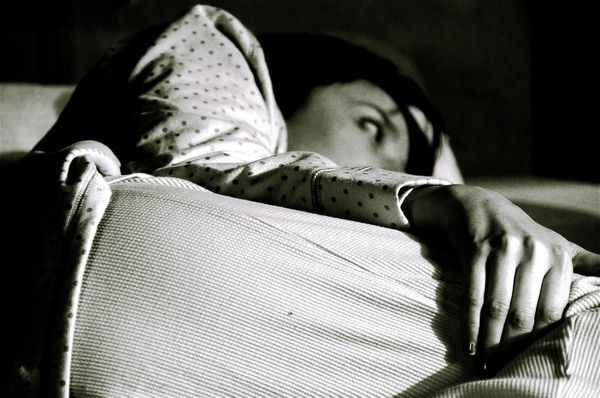
But ...what does science have to say about the subject? We will try to answer the questions that may arise with regards to cannabis and its effects on sleep. Read on ...
What is insomnia?
Insomnia is a very common sleep disorder. Those who suffer it have difficulty falling and/or staying asleep. The result is limited and low-quality rest. There are two types of insomnia:
- Acute or short-term insomnia: this is temporary, lasting days or weeks, and is usually caused by situations in which the person is under stress.
- Chronic insomnia: insomnia is classified as chronic when it lasts a month or more. In most cases the factors causing this type of insomnia are secondary (certain health problems, drugs ...). Chronic insomnia, however, can also be primary, a disorder unrelated to the causes mentioned, its origins being difficult to determine.
Can cannabis help to prevent insomnia?
Several studies indicate that cannabis can indeed improve sleep quality and combat insomnia. In cases of acute or short-term insomnia caused by stress, some strains of marijuana with relaxing and/or sedative effects can, in some cases, ease tension and help the user to get to sleep. (1)
It is important to keep in mind that not all cannabis varieties are suitable for this purpose because some genetics, far from producing a feeling of relaxation, are actual stimulants featuring very cerebral psychoactive effects. Our suggestion is that, if you decide to use cannabis to combat insomnia, occasionally, you do so with the right kind of strains: Indicas, especially those rich in CBD, are good choices. These are our recommendations:
For a pleasant and relaxing effect we recommend...
Shark Shock CBD
Bubba Kush CBD
If what you are looking for is a more sedative and narcotic effect...
White Widow
California Hash Plant
There is no doubt that everybody reacts differently to cannabis, and the effects of consuming these strains will also depend on other personal and situational factors. Our advice is that if you are going to consume cannabis, and are not used to it, do so gradually and in a responsible manner.
A double-edged sword: can cannabis actually cause insomnia, or impair sleep quality?
According to several scientific studies, users who have overused cannabis for a long time often suffer from sleep disorders, such as insomnia, nightmares and strange and disturbing dreams.
Studies indicate that these dreams usually appear 1-3 days after the discontinuation of cannabis use, when sleep quality is particularly poor, with these effects lingering for 4 to 14 days. Sleep difficulties and related discomfort can last up to 43 days.
Therefore, science seems to indicate that there is a clear difference in results when it comes to consumer's habits: while occasional use can help fight insomnia and facilitate a good night's sleep, sustained and excessive use can actually damage the quality of one's sleep. (2),(3)
------
1. Delta 9 THC as a hypnotic. An experimental study of three dose levels.
Cousens K, DiMascio A
Psychopharmacology. 1973 Dec 20; 33(4):355-64.
2. Sleep disturbance in heavy marijuana users.
Bolla KI, Lesage SR, Gamaldo CE, Neubauer DN, Funderburk FR, Cadet JL, David PM, Verdejo-Garcia A, Benbrook AR
Sleep. 2008 Jun; 31(6):901-8.
3. Marijuana abstinence effects in marijuana smokers maintained in their home environment.
Budney AJ, Hughes JR, Moore BA, Novy PL
Arch Gen Psychiatry. 2001 Oct; 58(10):917-24.



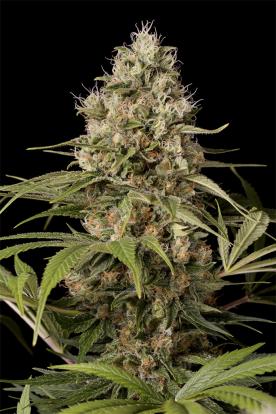
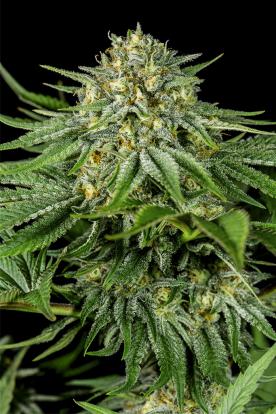
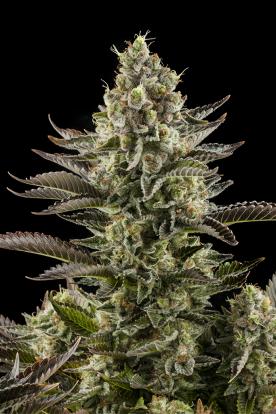
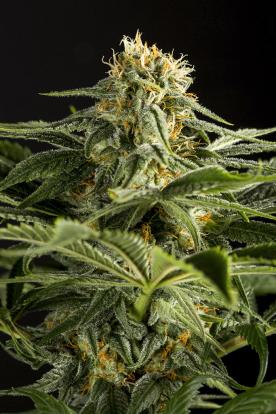
Comments from our readers
There are no comments yet. Would you like to be the first?
Leave a comment!Did you like this post?
Your opinion about our seeds is very important to us and can help other users a lot (your email address won't be made public).